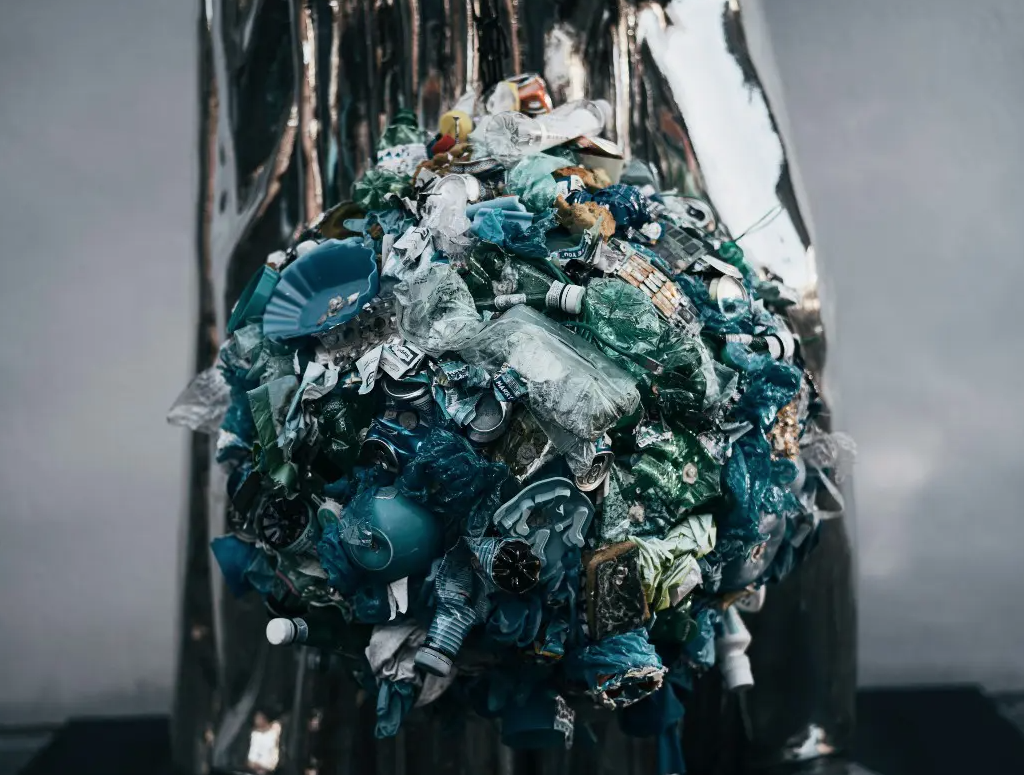Mindful of carbon market failure, environmental associations doubt that plastic credits will reduce waste
As negotiations for a binding global treaty on plastics get under way, the contradictions are also beginning to emerge. This is the case with plastic credits, which are taking the stage of this third round of discussions between delegates from 175 countries. The negotiations will last until the end of the week in Nairobi, to understand how the participating nations will address the problem of polymer omnipresence.
Every year 11 million tons of plastic end up in the oceans and between 75 and 199 million tons have already reached these ecosystems. Removing all this plastic will be a huge task, requiring money and politics.
As often happens, there is a shorter and riskier way. That of financialization. Just as with carbon emissions, for which companies call for market solutions rather than tough regulations, anti-plastic policies are also in this dispute. The private sector is asking to replicate climate schemes, creating a plastic credit market. Companies’ investment in waste collection projects would produce credits to finance management infrastructure in underserved areas. A plastic credit, in essence, would be a certificate representing a certain amount (by weight) of recovered or recycled plastic waste that would otherwise have ended up in the environment.
The spectrum of plastic neutrality
Given what happens with climate policies – carbon credits have failed to reduce emissions – civil society and environmentalists very coldly welcome the possible creation of plastic credits. The objection is that while plastic is a physical good, carbon is a gas. The first can be put on a scale, the second can not. Therefore, greenwashing practices would be more difficult to implement. The WWF warns, however, that plastic credits could encourage business-as-usual practices, where companies claim to be “plastic neutral” without reducing plastic in their supply chains. They could be content to invest in projects in remote locations and at low labor costs, while continuing to produce packaging that pollutes. In the world, most workers in the waste collection sector do not have a contract. Certification schemes, if they were to take into account respect for workers’ rights in projects producing plastic credits, would see the cost of certificates increase. But if they do not, they risk endorsing human rights violations.
